Hybrid De-Hazing Algorithm for Video Sequences
Problem Definition
Problem Description: The problem of poor video quality due to fog and haze is a significant issue in outdoor surveillance systems. Current methods for eliminating fog from static images have limitations in addressing foggy video sequences. Atmospheric particles in foggy and hazy conditions not only scatter light but also introduce noise and slow processing speeds in dehazing algorithms. The existing Contrast Limit Adaptive Histogram Equalization (CLAHE) based dehazing model offers some improvement, but there is still a need for a more effective and efficient solution for removing haze and fog from video sequences. A novel and hybrid de-hazing algorithm that combines CLAHE and channel prior approach is needed to provide clearer and high-quality video outputs in foggy conditions for outdoor surveillance systems.
Proposed Work
The research work proposed is focused on developing a Hybrid De-Hazing algorithm for the removal of haze and fog from video sequences captured by outdoor surveillance systems. The poor quality of videos under foggy conditions poses a significant challenge for outdoor surveillance. While efforts have been made to eliminate fog from static images, there is limited research on dehazing video sequences. Fog and haze, caused by atmospheric particles, scatter and capture light, leading to degraded video quality. Existing equalization methods have shown some success in dehazing images, but issues like slow speed and noise enhancement in homogeneous regions persist.
In this study, a Contrast Limit Adaptive Histogram Equalization (CLAHE) based dehazing model is initially designed for videos. A novel hybrid approach is then proposed, combining CLAHE with the channel prior method. The simulated results from this hybrid model demonstrate effective dehazing of videos. The project falls under the categories of Image Processing & Computer Vision and MATLAB Based Projects, specifically focusing on Image Enhancement and Image Restoration. The research utilizes the software MATLAB for implementation.
Application Area for Industry
This project on developing a Hybrid De-Hazing algorithm can be applied across various industrial sectors, including security and surveillance, transportation, agriculture, and environmental monitoring. In the security and surveillance sector, clear video footage is crucial for identifying suspicious activities and ensuring public safety. By removing fog and haze from outdoor surveillance videos, this project can improve the overall effectiveness of surveillance systems. In transportation, especially in the aviation industry, clear visibility is essential for safe operations. Implementing this de-hazing algorithm can enhance video quality for monitoring runways, taxiways, and flight paths in foggy conditions.
In agriculture, the ability to remove haze from drone-captured videos can aid in crop monitoring and pest detection, leading to better crop management practices. Additionally, in environmental monitoring, clear video footage is vital for studying air quality, pollution levels, and weather patterns. The proposed solutions from this project can address the specific challenges industries face in obtaining high-quality video outputs in foggy conditions, ultimately leading to improved efficiency, accuracy, and overall performance in various industrial domains.
Application Area for Academics
The proposed project on developing a Hybrid De-Hazing algorithm for the removal of haze and fog from video sequences has immense potential for research by MTech and PhD students. This project addresses a significant problem in outdoor surveillance systems, where poor video quality due to fog and haze affects the effectiveness of surveillance. By focusing on dehazing video sequences, this research offers a novel solution that combines the Contrast Limit Adaptive Histogram Equalization (CLAHE) method with the channel prior approach to enhance video quality in foggy conditions. This project is highly relevant for students pursuing research in the fields of Image Processing & Computer Vision, specifically in Image Enhancement and Image Restoration. MTech students and PhD scholars can use the code and literature of this project for their dissertation, thesis, or research papers to explore innovative research methods, simulations, and data analysis.
The project provides a platform for exploring new algorithms and techniques for dehazing videos, offering opportunities for advancements in the field of outdoor surveillance systems. The future scope of this research includes further refining the hybrid dehazing algorithm and exploring its applications in real-world surveillance scenarios.
Keywords
SEO-optimized keywords: foggy video quality improvement, outdoor surveillance systems, dehazing algorithm, atmospheric particles, noise reduction, high-quality video outputs, hybrid de-hazing algorithm, channel prior approach, outdoor surveillance challenges, video dehazing research, Contrast Limit Adaptive Histogram Equalization, video enhancement, MATLAB implementation, Image Processing, Computer Vision, Image Restoration, fog removal techniques, video quality enhancement, foggy conditions, image dehazing algorithms, fog and haze reduction, video sequence dehazing, fog elimination, image equalization methods.
| Shipping Cost |
|
No reviews found!






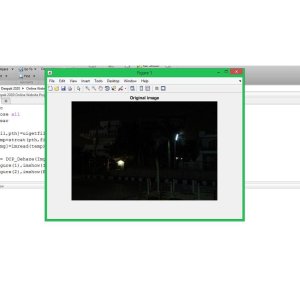
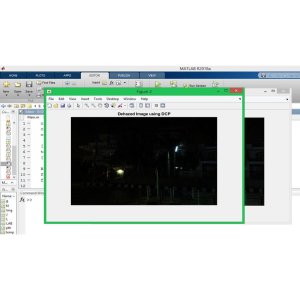










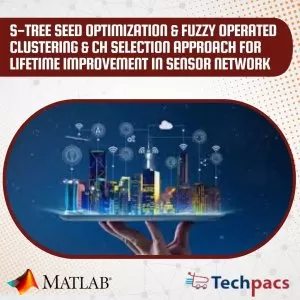
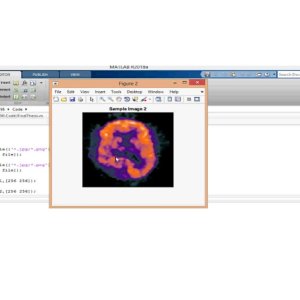
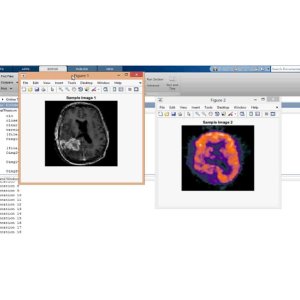
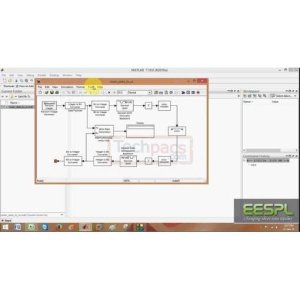
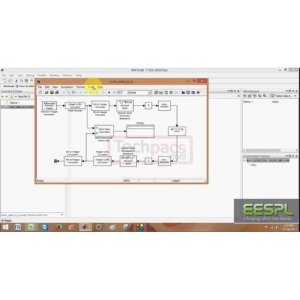
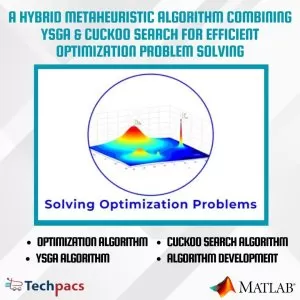
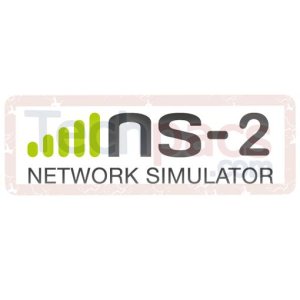































No comments found for this product. Be the first to comment!